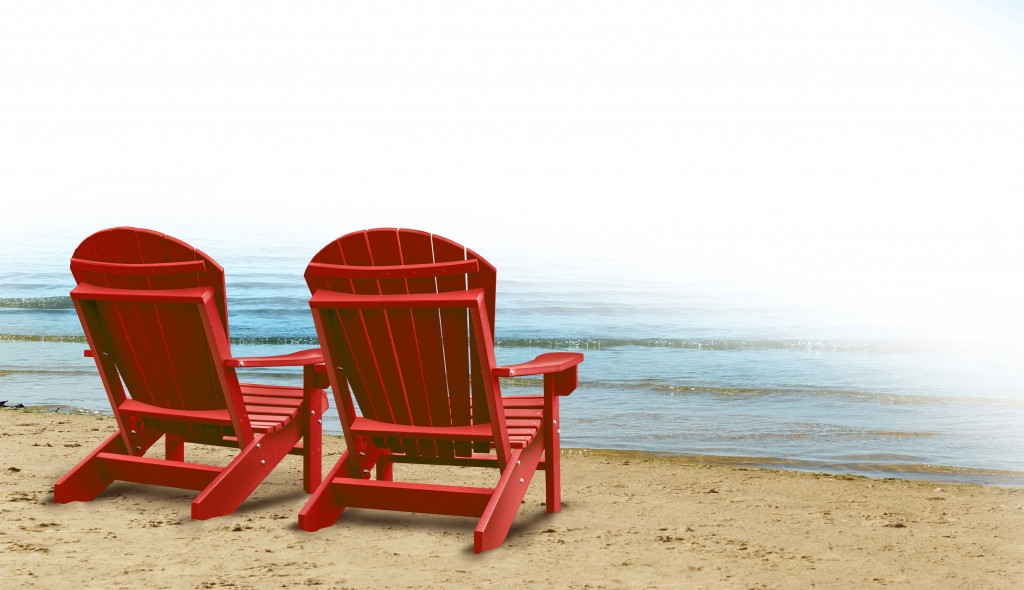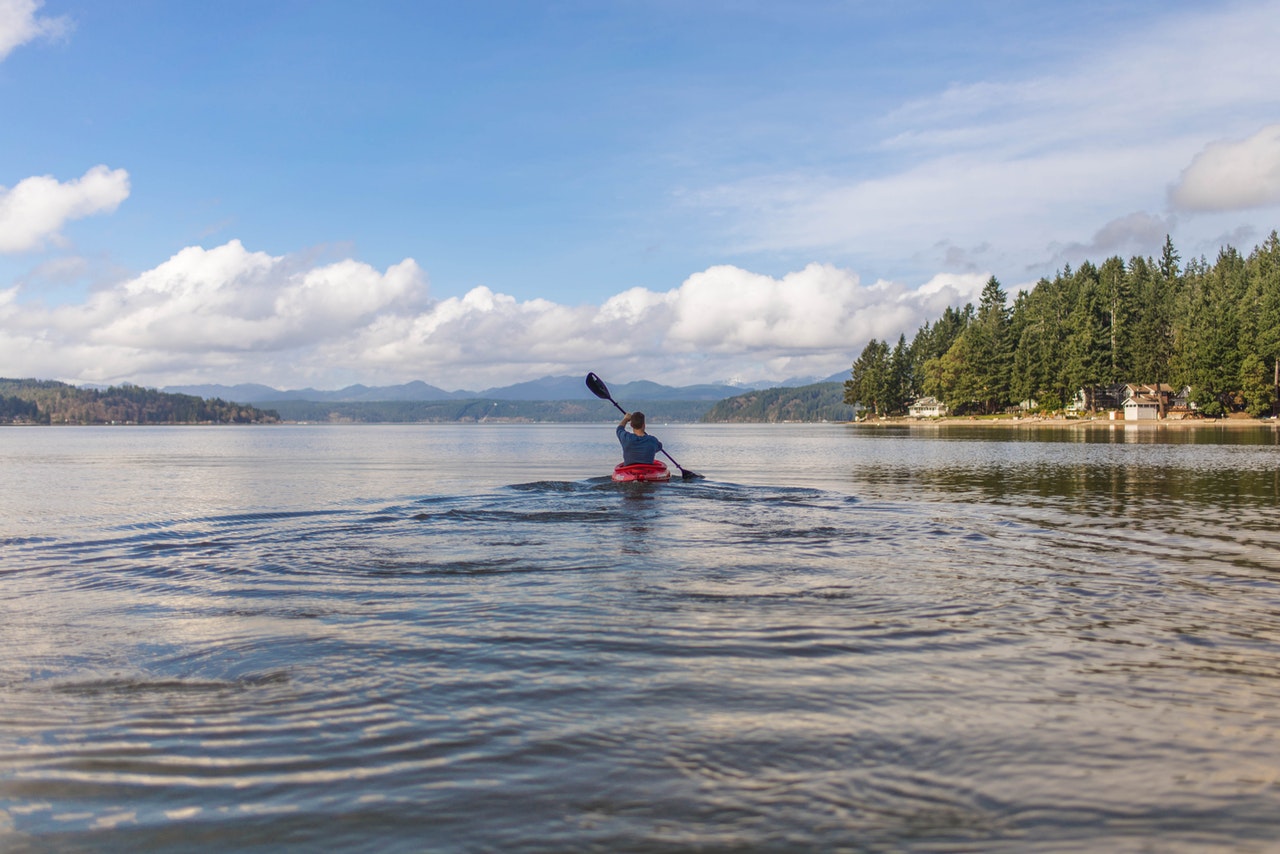Recreational fishing is a great way to enjoy the outdoors and have fun. But before you cast your line, there are a few things you need to consider to have a successful and safe experience. Here are four things to remember when getting ready to go recreational fishing.
Quality Equipment
The quality of the equipment you choose can make all the difference in recreational fishing. Invest in lures and tackle from reliable lure manufacturers and ensure they are up-to-date with the latest safety standards. Also, ensure that your rods and reels are appropriately serviced and maintained before each trip so you can be sure they can handle the weight of any catches.
There are many different fishing gears on the market these days, and it can be overwhelming to figure out what you need. Here are some of the basics:
- A good quality fishing rod and reel – this is essential for catching larger fish
- Fishing line – make sure you have a variety of weights and lengths to suit the type of fishing you’re doing
- Lures – there are all sorts of different lures, each designed to tempt different kinds of fish
- Hooks – again, there are all sorts of other hooks, so make sure you have a range to cover all types of fishing
- Bait – this can be anything from worms to artificial bait, depending on the type of fish you’re targeting
- Landing net – this can be a beneficial tool when trying to bring in larger catches
Know The Regulations
Familiarizing yourself with the regulations and restrictions of recreational fishing in your area is essential. Make sure you have a valid fishing license, know the size limits, and obey any applicable local laws or conservation initiatives before setting out on your adventure.
The best way to learn about the regulations for recreational fishing is to consult your local Fish and Wildlife Office. They can provide you with an up-to-date guide to the rules in your area and information on how to obtain a fishing license if necessary.
You can also find a lot of helpful information online that can help you better understand recreational fishing regulations in your area.
Your License
If you want to fish for fun, check if you need a license in your state first. Check the local rules and regulations regarding licensing before heading out.
Depending on the state or province, there may also be different freshwater vs. saltwater fishing rules. In some cases, you may be able to get a short-term license if you’re only planning on going out for a day or two.
The Weather
Another thing to consider before going fishing is the weather forecast. You don’t want to get caught in a storm out on the water. It is dangerous, but inclement weather can make for a less-than-enjoyable experience. If the forecast calls for bad weather, it’s best to wait it out and go another day.
There are a few different ways to get weather information before going fishing. The easiest way is to consult your local weather forecast. Several apps and websites provide up-to-date weather information for fishing trips. These can be especially helpful if you’re targeting a specific species of fish in a particular area.
Another great way to get information about the weather is by talking to other fishermen. They will likely have some good insights into what the weather has been like recently and what they expect it to be like.
This can be especially helpful if you’re unfamiliar with the area you’re fishing in. Finally, always check the forecast before heading out on your trip. It’s better to be safe than sorry.
What You’re Fishing For
Before heading out, it’s important to know what fish are in the area and what bait or lure will best attract them. Doing some research ahead of time will increase your chances of having a successful fishing trip.
It’s also worth noting that different fish prefer different water depths, so it is important to know the depth of the area you’ll be fishing in.
Number of People
Are you going solo or with a group? When fishing with others, it’s important to consider everyone’s skill level to have an enjoyable time.
It can be frustrating for beginners to constantly get their lines tangled with those of more experienced fishers. Going with someone who can offer guidance is often the best option for those just starting out.
Be Prepared
Make sure you pack all necessary safety and medical supplies during a recreational fishing trip. This includes life jackets, first-aid kits, sunscreen, insect repellents, and drinking water. It is also wise to carry extra fishing lines and hooks in case you lose some.
Lastly, ensure your tackle box or bag has a good-quality handle so you can securely transport it without any strain on the body.
Following these tips will help ensure that you have a safe and successful recreational fishing experience. Remember to stay aware of your local regulations, check the weather forecast, and be mindful of other fishers. With some preparation and an understanding of fishing etiquette, you can enjoy a wonderful day on the water! Good luck!



